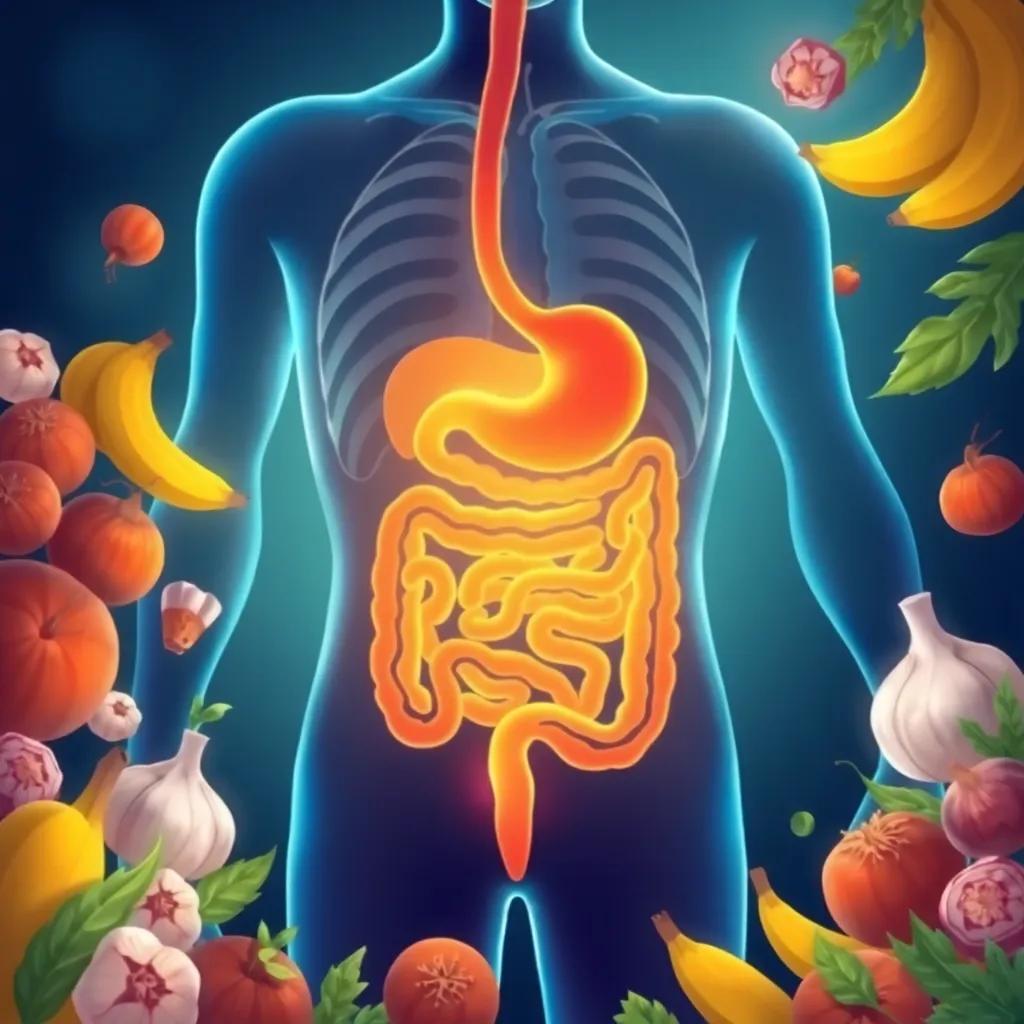Explore the vital role of prebiotics in gut health, their benefits, and how to incorporate them into your diet for improved digestive wellness.
Prebiotics, the non-digestible fibers that fuel beneficial gut bacteria, are essential for maintaining a healthy gut microbiome and overall digestive health.
Understanding Prebiotics and Their Role in Gut Health
Prebiotics are non-digestible fibers that serve as food for the beneficial bacteria in your gut. Unlike probiotics, which are live bacteria, prebiotics help nourish and support the growth of these good bacteria. According to a study published in the journal Gut
, prebiotics play a crucial role in maintaining a balanced gut microbiome, which is essential for overall health.
The Difference Between Prebiotics and Probiotics
While both prebiotics and probiotics are vital for gut health, they function differently. Probiotics are live microorganisms that can provide health benefits when consumed in adequate amounts. Prebiotics, on the other hand, are the fuel that these microorganisms need to thrive. A balanced intake of both is key to maintaining a healthy gut.
Top Prebiotic-Rich Foods
Some of the best sources of prebiotics include chicory root, garlic, onions, and bananas. Chicory root, for instance, is particularly high in inulin, a type of prebiotic fiber that has been shown to improve gut health. Garlic and onions contain fructooligosaccharides (FOS), which also promote the growth of beneficial bacteria. Bananas, especially when slightly green, are rich in resistant starch, another type of prebiotic fiber.
Latest Research on Prebiotics and Digestive Conditions
Recent studies have highlighted the potential benefits of prebiotics in managing conditions like irritable bowel syndrome (IBS), inflammatory bowel disease (IBD), and metabolic syndrome. Research published in the journal Nutrients
suggests that prebiotics can help reduce inflammation and improve symptoms in individuals with IBD. Another study in Gut
found that prebiotics may help regulate blood sugar levels and improve insulin sensitivity in people with metabolic syndrome.
Practical Tips for Incorporating Prebiotics into Your Diet
Incorporating prebiotics into your daily meals can be simple and delicious. Start by adding more prebiotic-rich foods to your diet, such as garlic, onions, and bananas. You can also consider taking a prebiotic supplement, but it’s always best to consult with a healthcare provider before starting any new supplement regimen.
Conclusion
Prebiotics are a vital component of a healthy diet and play a crucial role in maintaining gut health. By understanding the difference between prebiotics and probiotics, and incorporating prebiotic-rich foods into your diet, you can support your gut microbiome and improve your overall health.




